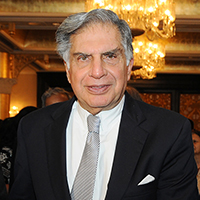The Life and Legacy of Sir Ratan Tata
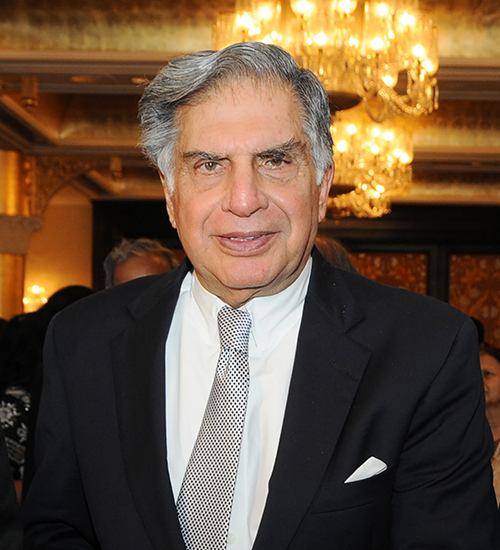 On October 9, 2024, India mourned the loss of Sir Ratan Tata, a visionary industrialist and philanthropist whose leadership of the Tata Group made it a powerhouse in the realm of industry and whose life was full of service. He acted as chairman at Tata Sons from 1991 to 2012 and contributed to some of the diversified industries like Tata Steel, automotive, IT, and telecommunications, followed by ethical as well as philanthropic practices that stood as new norms in corporate India.
On October 9, 2024, India mourned the loss of Sir Ratan Tata, a visionary industrialist and philanthropist whose leadership of the Tata Group made it a powerhouse in the realm of industry and whose life was full of service. He acted as chairman at Tata Sons from 1991 to 2012 and contributed to some of the diversified industries like Tata Steel, automotive, IT, and telecommunications, followed by ethical as well as philanthropic practices that stood as new norms in corporate India.
Early life and career
Sir Ratan Tata was born on December 28, 1937. His grandmother raised him after his parents separated when he was young. Despite the privileged upbringing, Tata showed a tremendous sense of responsibility. He studied at the best institutions, where he received a degree in architecture and structural engineering from Cornell University in 1962 and the Advanced Management Program at Harvard Business School in 1975.
In 1962, Tata joined Tata Steel as a shop floor worker among laborers. He learned at the grassroots level and, therefore, was humble and had a deep understanding of the business’s core mechanics. JRD Tata mentored him, and in 1991 he succeeded the latter as the chairman of Tata Sons. Although his appointment was met with skepticism at first, Tata proved to be an innovative and ethical leader who justified and silenced everyone by streamlining the group through economic liberalization and globalization.
Industrial Leadership
Under Tata’s leadership, the Tata Group achieved milestones in its business journey, thereby establishing itself as one of the largest conglomerates in India. His tenure marked bold acquisitions to enhance the global footprint of the group, which included the acquisition of Tetley Tea, Corus Steel, and Jaguar Land Rover (JLR). This strategic move turned Tata Steel into the world’s fifth-largest steel producer and revitalized JLR into profitable luxury brands with wider global reach.
In innovation, Tata brought the Tata Nano in 2008, which was an inexpensive car for India’s middle-class empowerment. Even though it had not been very commercially successful, the Nano did represent Tata’s vision of excellence in engineering and social empowerment.
His management style was one of long-term strategies, innovation, ethics, and global competition. He took calculated risks with the acquisitions of Corus and JLR, coupled with sustainability commitments, ensuring the Tata Group gained global recognition.
Global Business leadership
Sir Ratan Tata oversaw the acquisition of several international companies, transforming the group into a global conglomerate.
Here are some of the most notable acquisitions and their impact:
- Tetley (2000): Tata Tea acquired the British tea company Tetley for $432 million. This acquisition significantly expanded Tata Tea’s global reach and market share, making it a major player in the international tea market. Tetley’s strong brand recognition and distribution network in Europe and North America were key factors in the success of this acquisition.
- Corus Group (2007): Tata Steel acquired the Anglo-Dutch steelmaker Corus for $13 billion, making it the biggest takeover of a foreign firm by an Indian company at the time. This acquisition gave Tata Steel access to Corus’s advanced steelmaking technology and a strong presence in the European market. While the initial years were challenging due to the global financial crisis and the European debt crisis, Tata Steel has successfully integrated Corus and improved its profitability in recent years.
- Jaguar Land Rover (2008): Tata Motors acquired Jaguar and Land Rover from Ford Motor Company for $2.3 billion. Although this acquisition sparked controversy, it ultimately proved to be a resounding success. Under Tata’s ownership, Jaguar Land Rover has become a profitable and globally recognized luxury car brand, with strong sales in China and other emerging markets.
These acquisitions, along with others like Trent (a retail company) and Rallis India (an agrochemical company), helped Ratan Tata transform the Tata Group from a largely India-centric conglomerate to a global player with a significant international presence. His leadership and strategic vision played a crucial role in the success of these acquisitions and the overall growth of the Tata Group.
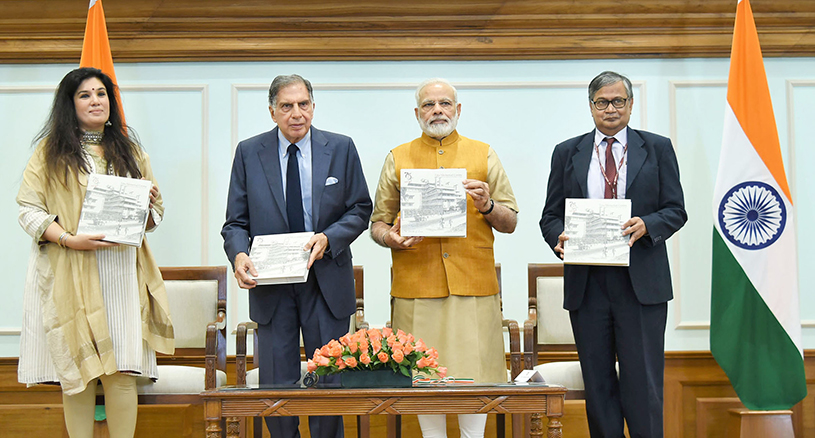
Philanthropy and Social Impact
Beyond business, Tata’s philanthropic efforts have left an indelible mark on Indian society. As chairman of Tata Trusts, which owns 66% of Tata Sons, Tata redirected corporate profits to address critical social issues. His philanthropic focus extended to healthcare, education, rural development, and disaster relief, benefiting millions.
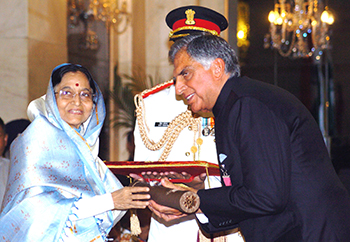 Key contributions include:
Key contributions include:
Healthcare: Establishing cancer care centers like the Tata Memorial Hospital and funding healthcare infrastructure during crises such as the COVID-19 pandemic.
Education: Supports scholarships and institutions such as the Tata Institute of Social Sciences (TISS) and the Indian Institute of Science (IISc).
Rural Development: Improvement of water sanitation, sustainable agriculture, and infrastructure in rural areas.
Disaster Relief: Providing aid in the case of events such as the 2004 tsunami and the floods in Uttarakhand.
Signature initiatives, like cancer care programs in Assam and COVID-19 relief funding, reflected his commitment to public welfare. Tata’s belief in CSR as a tool for societal betterment inspired businesses across India to adopt similar practices.
Ethical Leadership
Sir Ratan Tata’s leadership emphasized integrity, transparency, and accountability. He firmly believed that businesses should prioritize societal well-being alongside profitability. His ethical governance practices set high standards, reinforcing Tata Group’s reputation for fairness and social consciousness.
Under Tata’s leadership, the group implemented sustainable practices across industries, from reducing the carbon footprint of Tata Motors to sustainable mining operations within Tata Steel. Despite the challenges posed by globalization, Tata maintained ethical business conduct, as exemplified during the acquisition of Corus Steel, where the group did not use aggressive bidding tactics.
Globally acclaimed for his ethical leadership, Tata received numerous accolades, including the Padma Vibhushan, India’s second-highest civilian honor. His approach inspired future business leaders to integrate social responsibility and integrity into their practices.
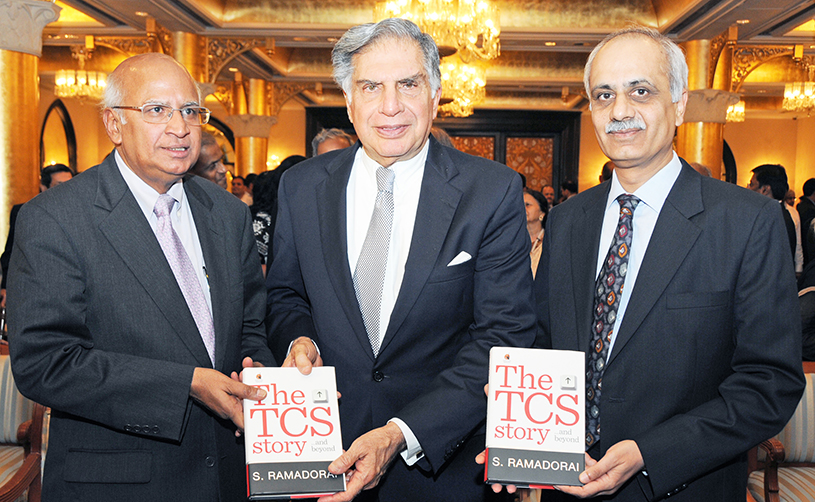
The Legacy of Sir Ratan Tata
The impact of Sir Ratan Tata on Indian industrialization is simply monumental. Indian companies like Tata Motors and Tata Steel were cemented onto the global stage through strategic acquisitions, and projects such as the Tata Nano embodied Indian innovation. The focus on sustainability and social welfare redefined the role of corporate India in society, with the Tata Group setting the standard for CSR.
Tata ensured a seamless transition of leadership even after his retirement as chairman in 2012. Very much into planning and governance structures that helped the continuity of values and the vision under successors like N. Chandrasekaran, the Tata Group remains a testament to his philosophy of the balance of profitability with purpose today.
Beyond business, Tata inspired generations of leaders with his ethical compass and commitment to societal impact. His life demonstrates how corporations can drive meaningful change while achieving global competitiveness. To India, Sir Ratan Tata stands as a symbol of innovation, integrity, and compassion.
Sir Ratan Tata’s success transcends business achievements alone. As an industrialist, philanthropist, and ethical leader, he transformed industries, empowered communities, and set new benchmarks for responsible capitalism. He leaves his life’s work as an inspiration for future generations: it shows that the true path to success entails lifting society up while tickling the financial fancy of many.
Tata’s long and lasting influence upon India’s industry and society in general will contribute to his own legacy as visionary leadership, charitable philanthropy, and a global business icon for corporate ethics.

